Name: Siri Johnson Majors: International Studies Hometown: Bethesda, Maryland Class: 23OX, 25C* *Class years are…
Freshmen Research Opportunities
Research is not limited to upperclassmen
When applying to Emory University, you often hear of its status as a renowned research institution. Among its other prestigious and unique qualities, our school’s international recognition derives from the research work of our award-winning faculty, scientists, and students. Just early this year, for instance, Emory Math Professor Dr. Alessandro Veneziani extrapolated how sharks are able to fight against the viscosity of water thanks to their rough skin (read more here); he is now studying how swimwear may utilize a shark’s skin properties to be more dynamic. To mention another example, 90% of all drugs and medications taken by HIV/AIDS patients have been developed by Emory scientists. Wow, indeed!
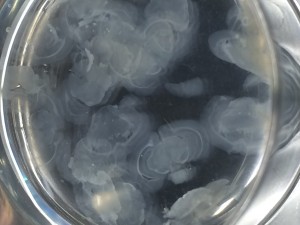
High school students often do not feel a connection to the word “research” because they have never personally gotten to do large-scale research. So if you feel lost about what research really means in a day-to-day setting, don’t worry! I was in the same boat until I got here! I came to Emory because of its challenging pre-medical program and because, being interested in how neurodegenerative diseases work, I knew that it would be the perfect place to study the science of the brain (there are 450 neuroscience labs here alone!). I told myself that once I was here, I would reach out and become involved with a neuroscience lab.
This past summer (after I’d graduated from high school but not yet begun Emory), I was involved in a program sponsored by the National Science Foundation that allowed me to network with PhD candidates at Emory. Through my involvement, I was able to reach out to several labs studying neurodegenerative diseases on campus and asked if I could be involved with them as an incoming first-year student. Many of the faculty responded that I would be welcome to visit their labs at the beginning of the school year to get a feel for the environment and learn about their ongoing work.
So, on the first day of my undergraduate career, I went to visit neuroscience labs at Emory, and by the second day, I was working in one as an undergraduate research assistant. I’m currently studying the molecular underpinning of Parkinson’s disease at the Emory Rollins School of Public Health, and I could not be more certain that it has been my favorite Emory experience thus far. Though I’ve learned about several different techniques and experimental methods, I have also been able to develop relationships with graduate students and PhD candidates who are constantly mentoring and advising me about what is the next best step to take.
My acceptance into the Undergraduate Research Program, which you should absolutely apply to if you are considering being involved with research, has provided me with skills and a broader knowledge of what it means to be a student-researcher. This program offers great insight on the fact that research goes on in every academic department, rather than in just the sciences. Are you considering being a philosophy major? What about a Business major? Visual Arts? Each department here at Emory conducts research, so do not feel limited in your ability to do research. If you express an interest and are keen to learn more about whatever you love doing or studying, there is likely a research project for you here.
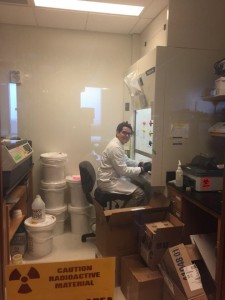 In my opinion, the key to becoming involved with a research lab as an undergraduate is to truly reach out, by sending out emails, visiting professors in their offices, and being enthusiastic about networking. I believe that doing research comprises a huge part of my formative experience as a college student. Of course, research is not for everyone, but why not try?
In my opinion, the key to becoming involved with a research lab as an undergraduate is to truly reach out, by sending out emails, visiting professors in their offices, and being enthusiastic about networking. I believe that doing research comprises a huge part of my formative experience as a college student. Of course, research is not for everyone, but why not try?
Coming to Emory, you will be exposed to hundreds of resources and opportunities. On the first days of school, thousands of student organizations will ask for your involvement in them. However, don’t forget that Emory is a place where its students study among and from brilliant scientists, entrepreneurs, philosophers, classicists, and actors who are contributing to their fields on a daily basis!

Kenny Igarza
Neuroscience and Behavioral Biology, 19C*
Naples, Florida
*Emory University uses these abbreviations to designate graduation year. For example, Kenny will graduate in 2019 from Emory College with his bachelor’s degree in Neuroscience and Behavioral Biology.
Don’t hesitate to connect with us by posting a comment to this blog, tweeting us @emoryadmission, or emailing us at admission@emory.edu. We look forward to hearing from you!
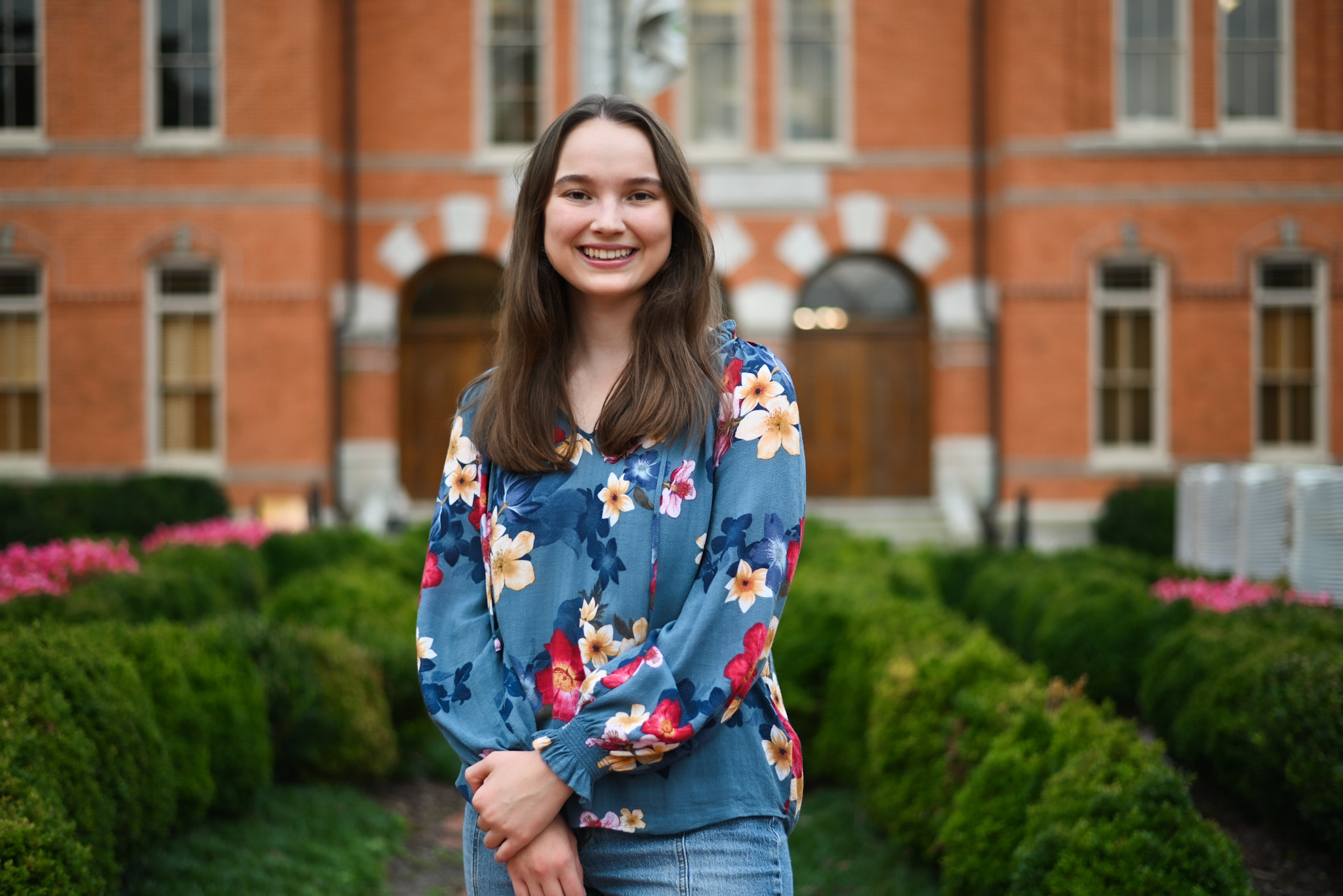
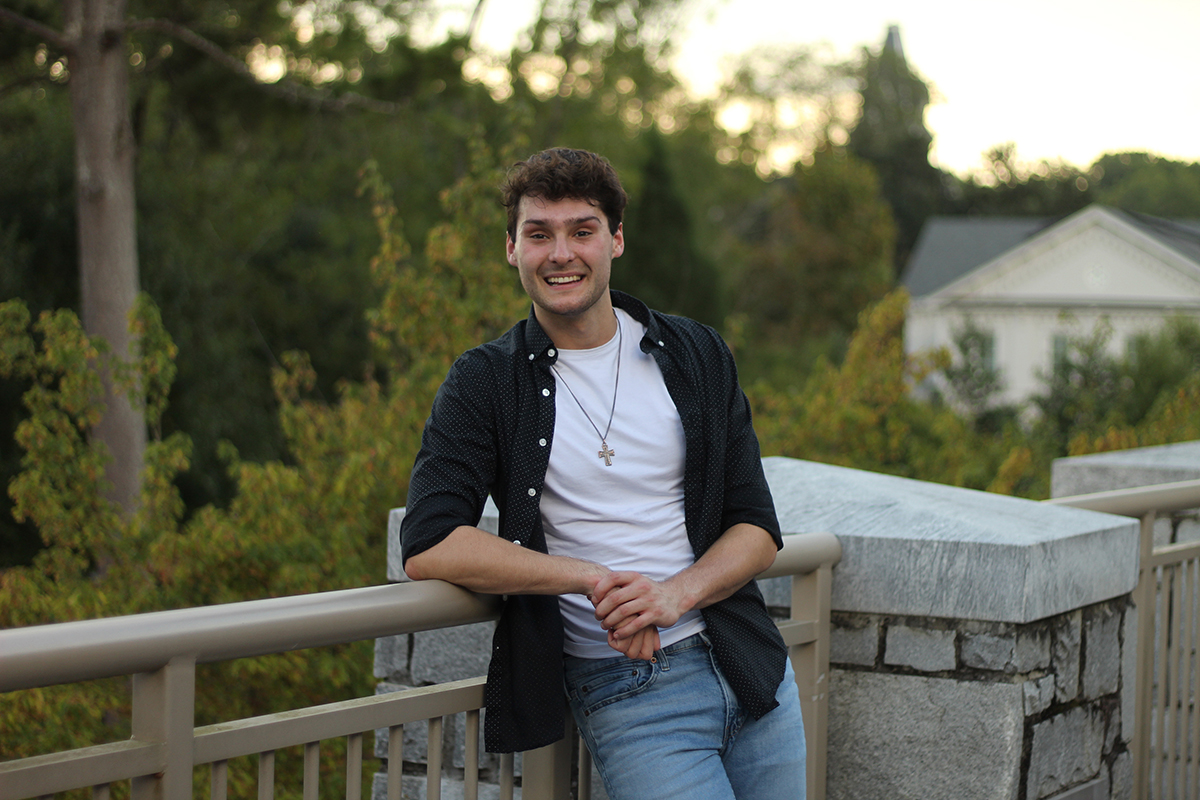
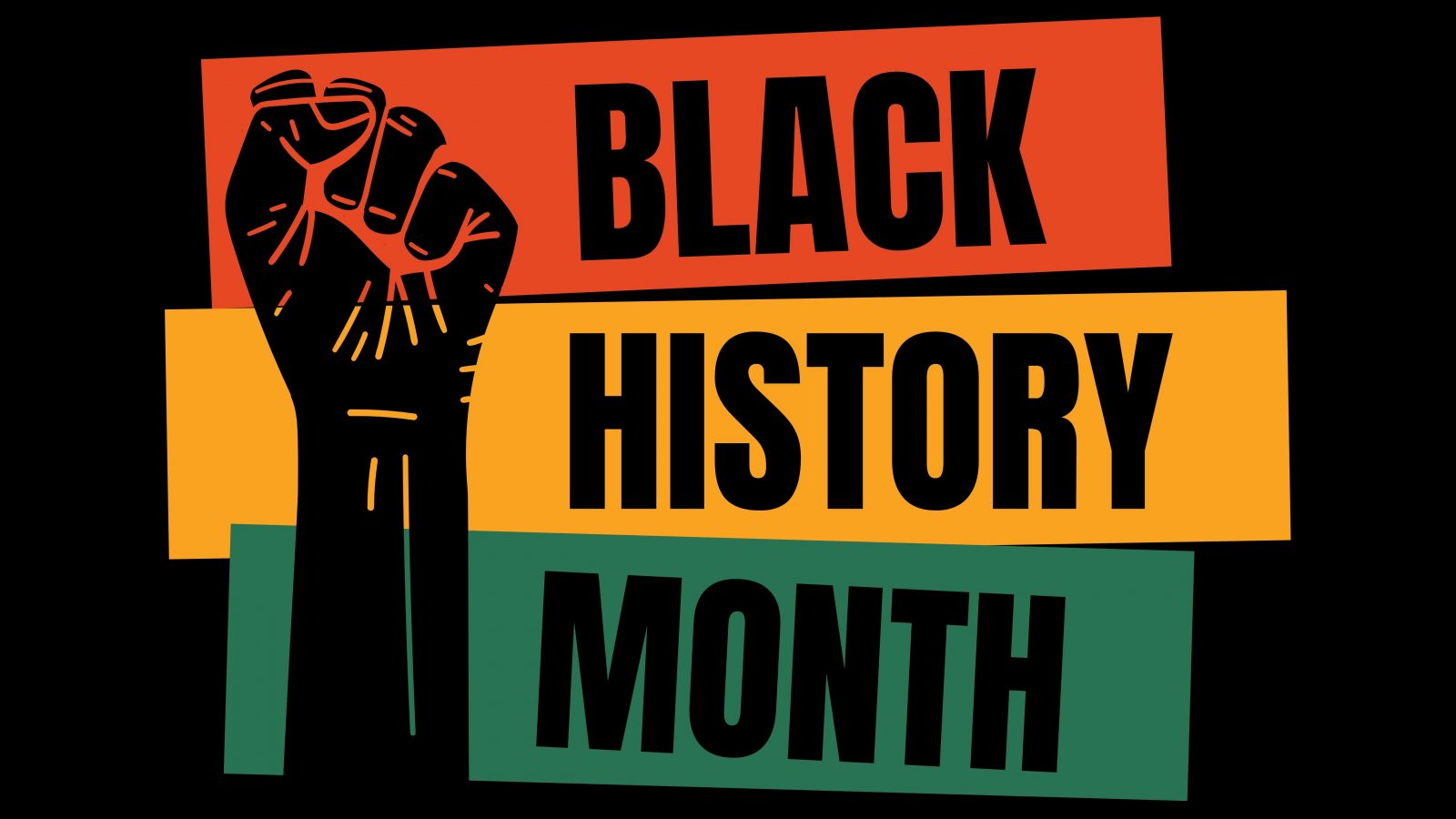
This Post Has 0 Comments